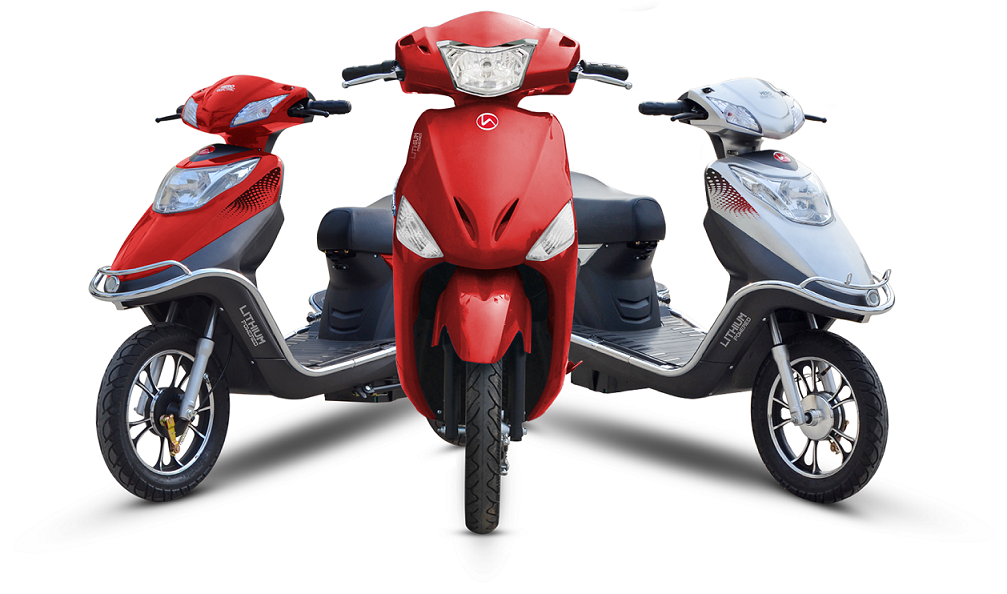

The fuel prices are hitting the rooftop for the last few weeks and now the consumers are looking for other alternatives. Public transport may not be a feasible option now, given the current situation of rising cases of COVID. An electric vehicle seems to be the perfect alternative which is witnessing high demand in recent times. Hero Electric, one of India’s largest electric two-wheeler companies confirmed that it received a record number of enquiries for its ‘City Speed’ offering.
Hero Electric is regularly updating its range of products with new launches to be relevant in this segment which is becoming more and more competitive as days pass on. A lot of startup companies have come up with innovative products to exploit this emerging electric vehicle segment. Currently, Hero Electric has three categories under its portfolio namely, Comfort Speed, City Speed and Extended Range. In total there are 10 products in the lineup. Under the Comfort Speed range, Hero offers the Flash, Flash e2, Optima, Optima e2 and Nyx e2. The City Speed range consists of three products Optima e5, Nyx e5 and Photon LP. Lastly, in the Extended Range, two models are available, Optima ER and Nyx ER. The range starts at INR 57,600 onwards which is quite attractive and will grab the attention of a large audience across various demographics. The brand is also offering a 5-year warranty across its lithium-ion range of electric scooters.
The Government of India is also doing its bit by announcing several policies encouraging the use of electric vehicles. Under the FAME II scheme, the central government is setting up a long term goal for the faster adoption and manufacturing of hybrid and electric vehicles. For the year 2020, Hero Electric grabbed the top position in the electric two-wheeler sales chart selling a total of 8,111 units.
Given the current growth in the electric vehicle segment, it is pretty obvious that this segment will grow much bigger in the coming years. The main challenge to the growth is the availability of a robust and wide charging infrastructure which is instrumental to support the spike in the number of electric vehicles.